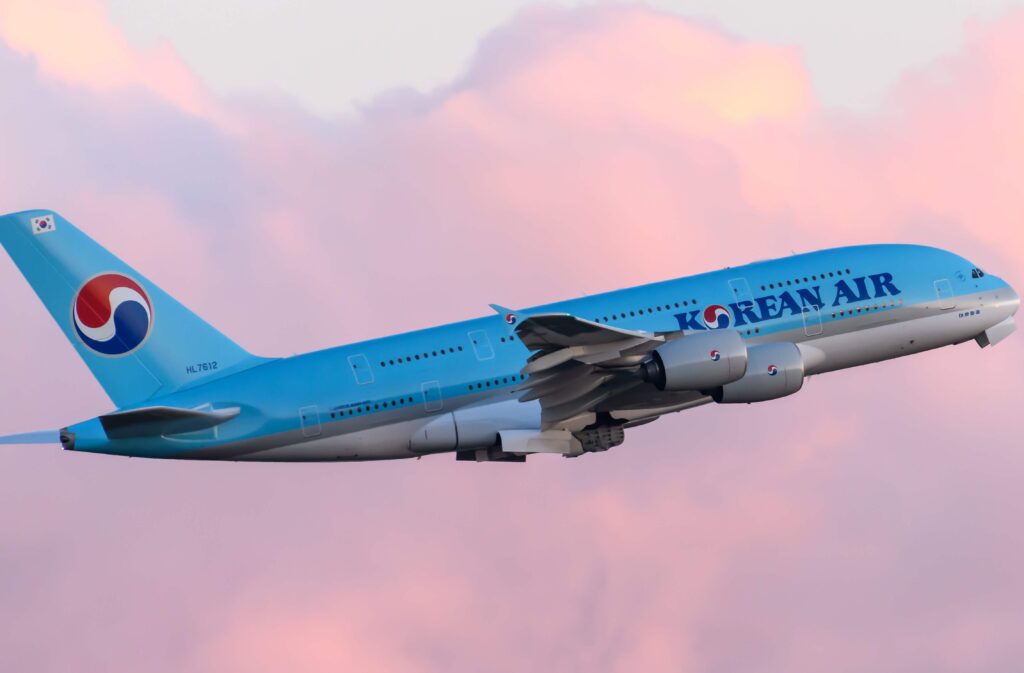On January 14, 2021, the South Korean Fair Trade Commission (FTC) and other foreign antitrust regulators received a business combination report from Korean Air regarding the acquisition of Asiana Airlines.
The FTC will investigate the case of consolidation of Korean Air and Asiana Airlines according to procedures stipulated by the FTC. The business combination review period lasts 30 days from the date of submission and can be extended to 90 days if necessary.
If the business combination report is approved, Korean Air would meet all the criteria to acquire Asiana Airlines.
On January 6, 2021, the airline won the approval of the majority of its shareholders to sell new shares in order to finance the purchase. The latest amendment allowed the air carrier to make a step further into the acquisition.
In November 2020, the biggest South Korean airline and de-facto flag carrier Korean Air announced its expectations to become the cash-strapped Asiana Airlines’ top shareholder purchasing its shares for around $1.6 billion.
“The main reason behind Korean Air’s decision to acquire Asiana Airlines at this time is to stabilize the Korean aviation industry, which is suffering from the Covid-19 pandemic,” a Korean Air spokesperson said in a statement on November 16, 2020.
Asiana’s integration into Korean Air would create a carrier that would operate around 60% of international routes out and into the country. This consolidation could help both airlines to have a competitive advantage over other airlines. Additionally, this acquisition is expected to contribute in strengthening the competitiveness of Seoul’s Incheon International Airport (ICN), which aims to become the representative aviation hub in Asia, according to the airline.
However, Korea’s FTC and other fair competition authorities across the globe could challenge the merger, citing such a huge market share on the international market. Thus, it could be expected that Korean Air and Asiana Airlines would have to give up slots or traffic rights in ICN or other international airports.
